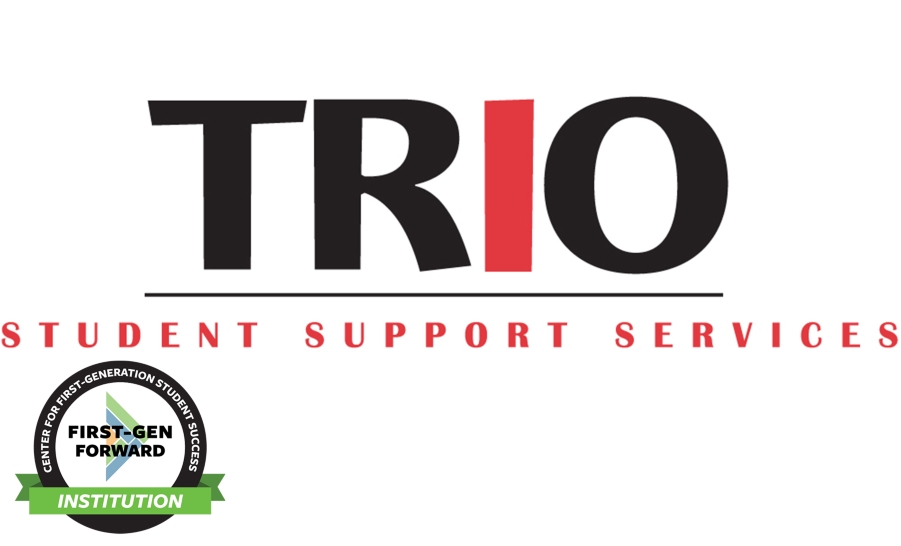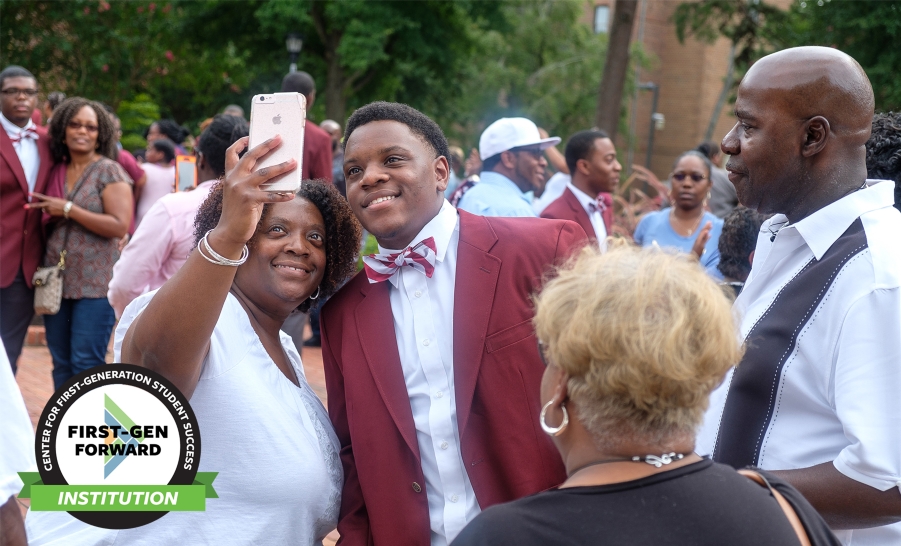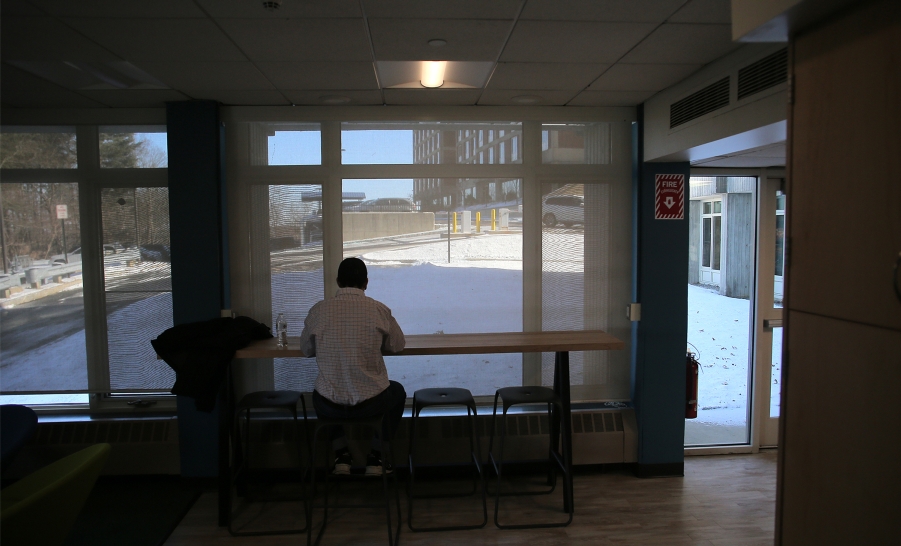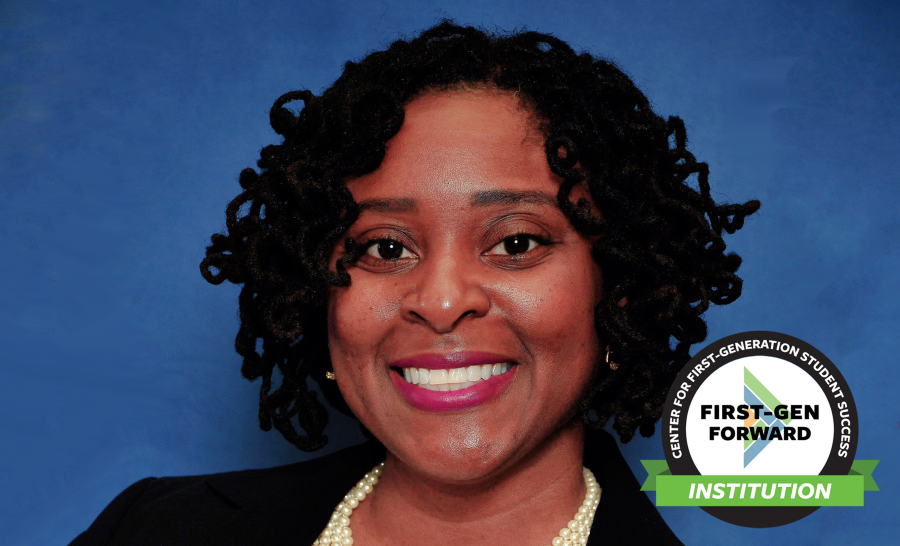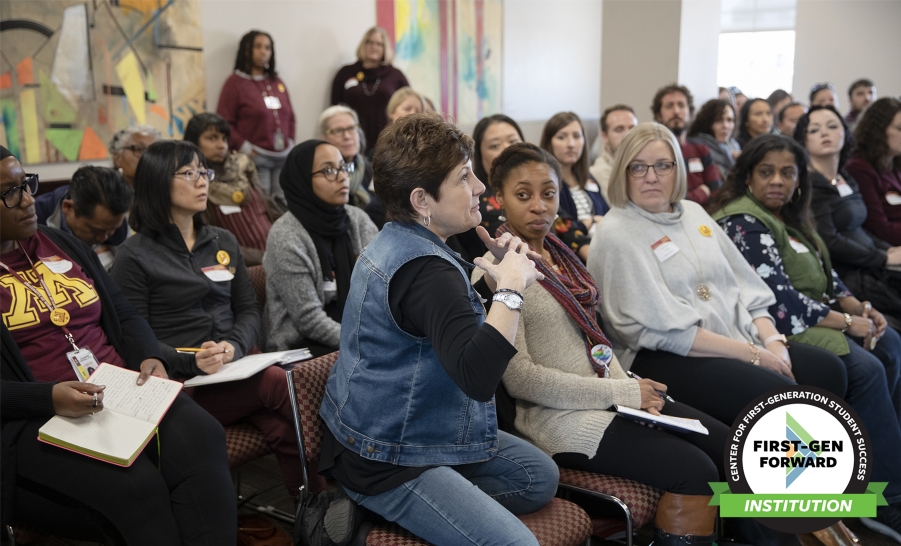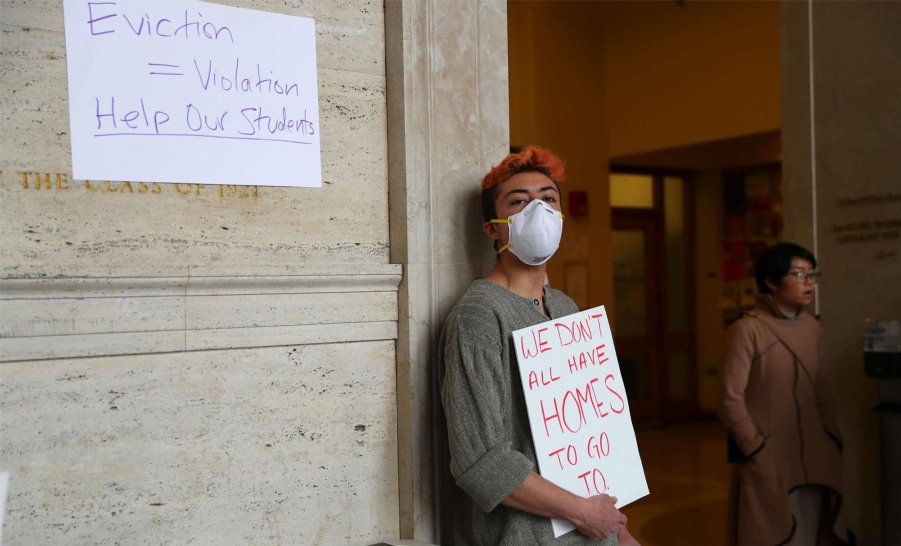Building a Foundation for First-generation College Student Success, While Creatively Enhancing Student Experience Through Empowerment
Jamartae Jackson, M.Ed. & Cynthia Montes, M.Ed., Texas Christian University / FirstGen Forward / June 11, 2020
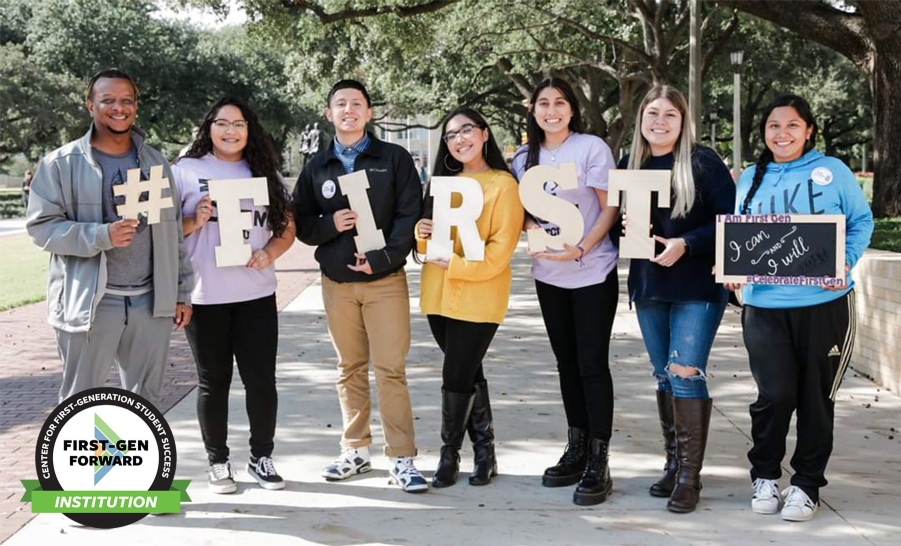
Texas Christian University (TCU) has provided support for first-generation college students since 1997 through TRIO Student Support Services (SSS). In the last three years, however, TCU has actively identified new ways to creatively collaborate to support this population of collegians. TCU's first-generation college student population makes up almost 18% of the student body, and more than one-third of this population is also from a low socioeconomic background. As staff members at a historically affluent, private institution we must continue to enhance our Student Support Services if we are going to be true to our challenging mission of cultivating and serving our entire student body.
The inaugural National First-Generation College Celebration in 2017 created the space for collaboration at our institution. Staff from various departments quickly agreed that our common goal would be to change the narrative around the first-gen college student identity by destigmatizing the label: surrounding it with a narrative of pride. We strive to promote an asset-based approach that informs how we talk to and about our students and impacts the layers of support and resources we share. As a result, TCU has formed the First Gen Network to organize, formalize, and enhance programmatic efforts in support of first-generation college students. The network comprises Student Support Services (SSS), Inclusiveness & Intercultural Services, and Student Development Services where each department has leveraged its student connections to provide amazing opportunities.
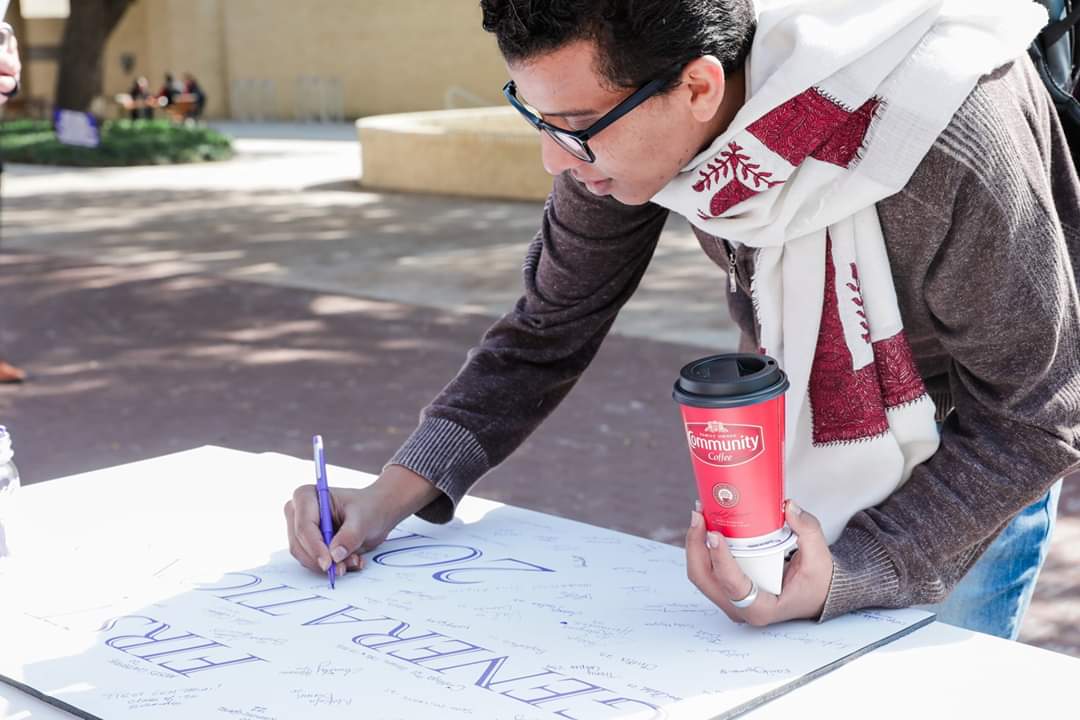
For example, our inaugural First Gen Day of Celebration had 56 participants, but our more recent celebrations have had an attendance of over 300 students (our attendance record for this event is 512 students). In addition to our annual First Gen Day of Celebration, we have provided empowering workshops to let our students know that they matter, they belong, and their abilities are enough. During one of our programs we were able to get 47 students to attend a six-hour First-gen Workshop on a Sunday during homecoming. The workshop focused on leveraging skills as a first-gen student to succeed in personal, professional, and leadership-related activities and was a huge success in motivating and empowering our students. We are constantly building our outreach efforts to aid our students and can only imagine what the future has in store for them and our initiative.
We must continue to enhance our Student Support Services if we are going to be true to our challenging mission of cultivating and serving our entire student body.
Like many other higher education institutions, we have been forced to shift our ideas of support and service during COVID-19. Navigating this unprecedented situation, our focus has been a very personal approach in interacting with our students. Of course, we haven’t been able to provide large-scale programming, but the personal touch of reaching out and letting our students know that they matter has stayed consistent and is just as meaningful. Luckily, we are at an institution that provides a plethora of resources, and we have been able to connect our students to them with great success. Many of our students were able to receive food, financial assistance, or even additional technology to help them to endure the pandemic. We are relieved that we made it to the end of the school year, but we are now planning for the fall semester and continue to provide our students with the connection they deserve.
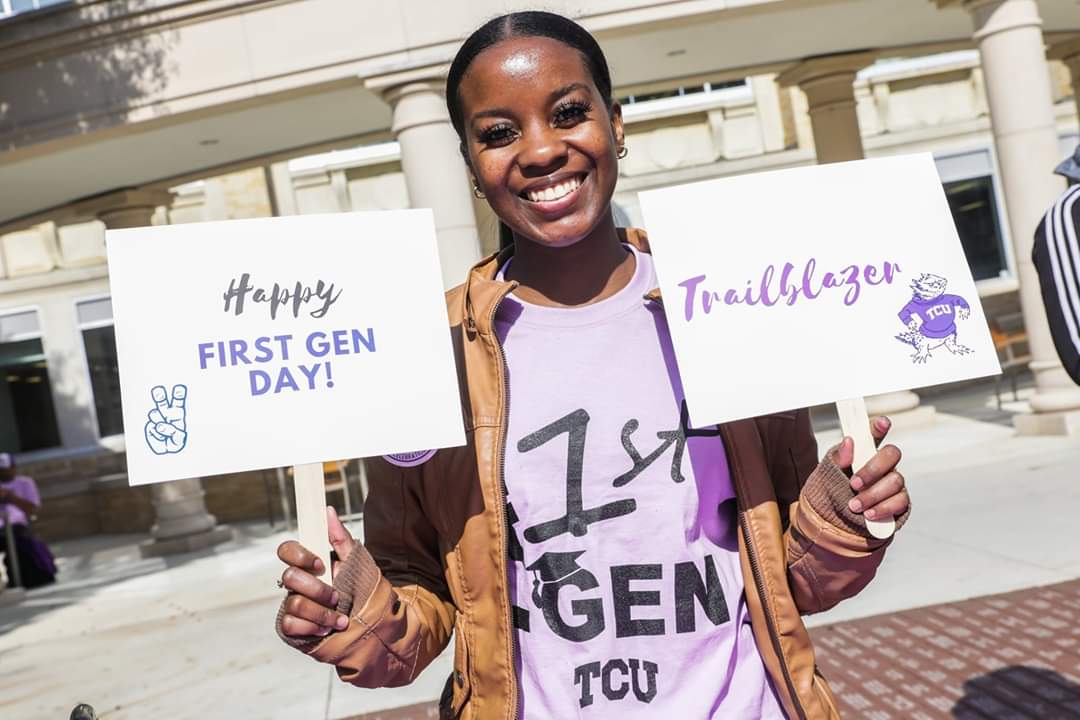
The fall will come, and it will look different for our respective intuitions, but one thing remains true: our first-generation college students are remarkably resilient. They will work to push forward and adapt as many first-generation college students have before them, and we, as college administrators, must be ready to provide them with the support that they want.
